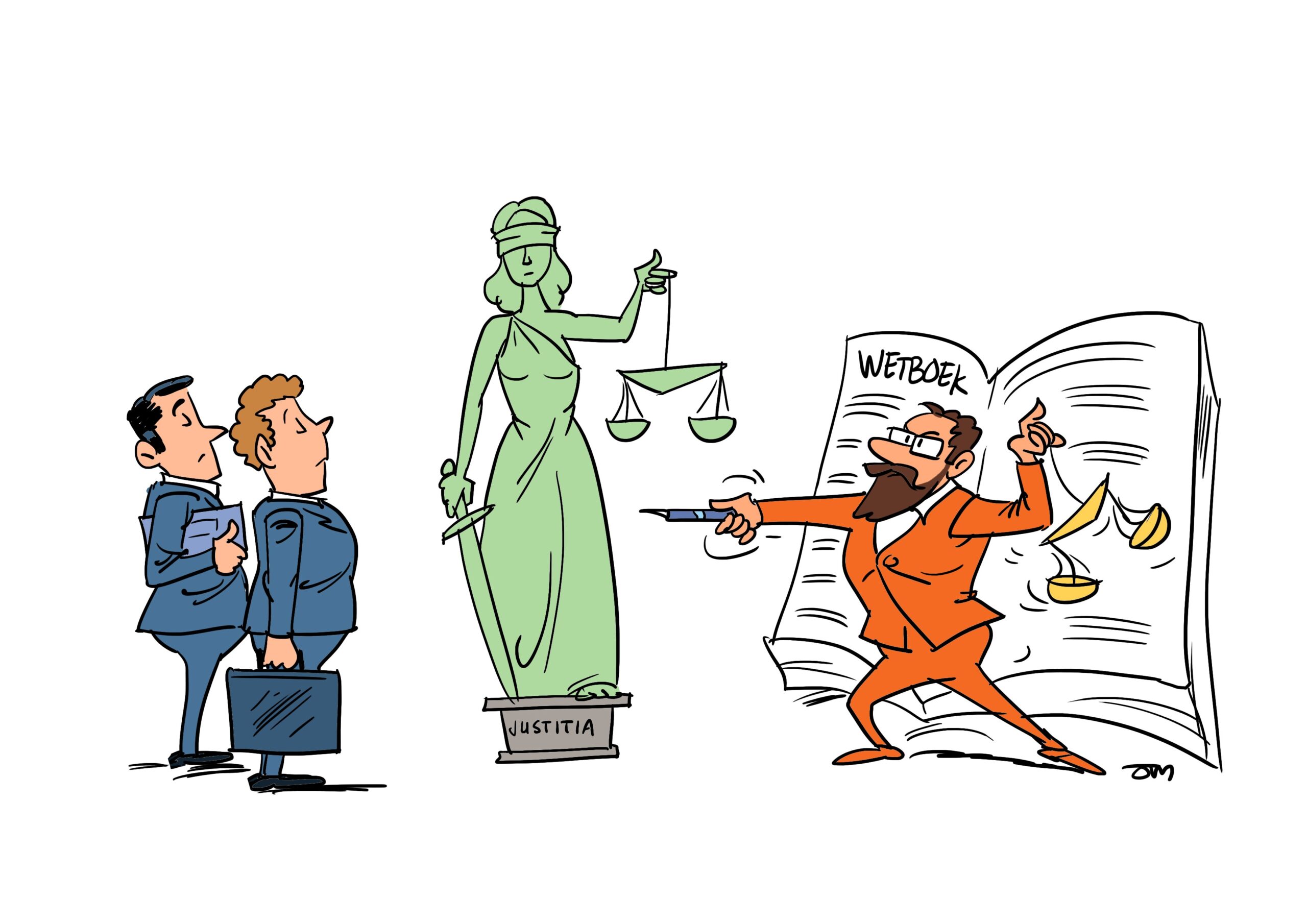Going to court for a tax claim is daily business. That said, the rules that need to be met, as stated in the tax regulations. This lady thought differently.
Going to court
Going to court is a national hobby of Dutch tax payers. To avoid chaos the law has stated in the Algemene Wet Bestuursrecht under section 6:5 the rules of engagement.
In this section it is stated that the complaint made in court should contain the name and address details of the person making the complaint. The date, name the decision against which the complaint is being made etc.
Besides the content this law also indicates the time frame during which a complaint can be made, what happens when you send it to the wrong address. If the time frame is about when sending the complaint or when the complaint is being received. The latter makes us never wait till the very last moment.
Experience in trial cases
During the fiscal studies at the university the above is extensively being addressed, as it is important. Then again, the moment you have your degree, basically you still know nothing. Hence the experience is gained when actually the complaints are made, supervised by experience.
Part of the process is that a complaint can only be made against one decision. For instance. If you disagree with the 2019, 2020 and 2021 tax assessment. You cannot make a complaint against 2019-2021, which you might think is logical. No. You need to make a complaint against each year on its own.
Box 3 example complaint letters
The organized tax payers in the Netherlands have published an example complaint letter in which they do combine the years 2017-2020 in one complaint. Which I think is not in line with legislation. But then again, the lack of legal legislation on this part is the whole point of the complaints. Maybe this is the exception to the rule.

Going to court – trial case
A lady disagreed with the 2018 income tax assessment. It was about a company car not being used the entire year. If indeed there was no access to the keys and the company care was not at the disposal of the employee, the amount added to the income for private use can be adjusted.
She made a complaint, which is initially with the Dutch tax office and the tax office agreed with the complaint. I think she smelt more victory, hence she went to court. But she was dismissed by the court. She went to the high court, and again she was dismissed by the high court as well, even without motivation.
If you are dismissed by the high court without motivation this shows what they think of your case. It is not worth the attention. And they were right. The lady made two mistakes in her court case procedure.
The first mistake was that she had not taken notice of any of the rules for making a complaint. The dispute was about 2018 income tax. In the court appeal she also addressed different tax years and even different types of taxation. You cannot do that, you need to make individual complaints per year per tax type.
The second mistake was that the complaint made was not in her favour. The taxation amount would not have gone down. In other words, there was no reason to go to court. Going to court for no reason, while the court is already overworked, makes the court dismiss the case without spending more words than necessary. In case of the high court none at all.
Tax is exciting
We think tax is exciting. Making a complaint is not so much exciting as necessary to get the assessment in line with what should be correct. If the Dutch tax office does not agree, or if the Dutch tax office is not willing to agree, then the case needs to go to court.
That is part of the life of the tax advisor. Also part of the life of a tax advisor is to explain to the client that going to court over a silly amount such as for instance EUR 200 is not worth the effort. Besides the fact we do not work for free, the time line is extensive. The lady in the above article argued about her 2018 tax assessment in court, unsuccessfully, but still we are now near the end of 2022. That is a stretch.




